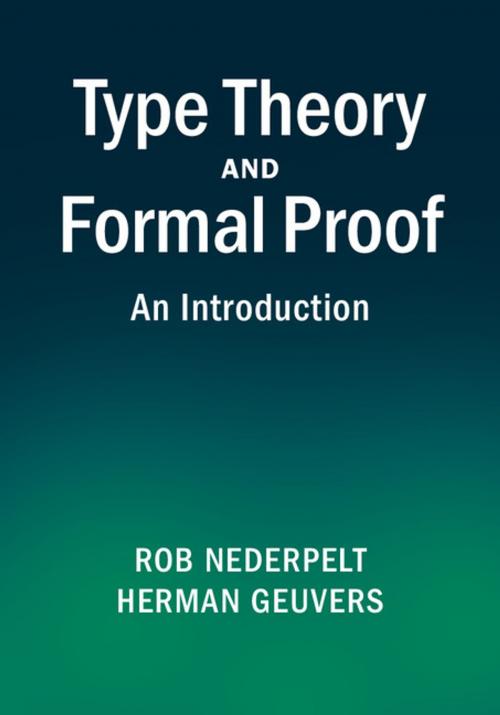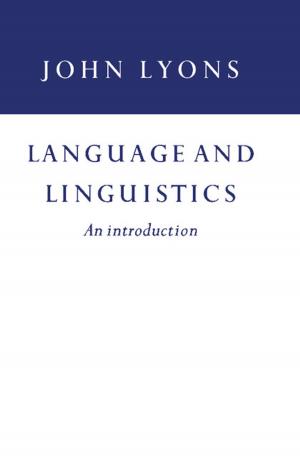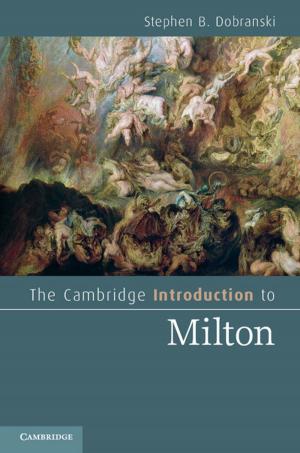Type Theory and Formal Proof
An Introduction
Nonfiction, Science & Nature, Mathematics, Computers, Programming, Programming Languages, General Computing| Author: | Rob Nederpelt, Herman Geuvers | ISBN: | 9781316053980 |
| Publisher: | Cambridge University Press | Publication: | November 6, 2014 |
| Imprint: | Cambridge University Press | Language: | English |
| Author: | Rob Nederpelt, Herman Geuvers |
| ISBN: | 9781316053980 |
| Publisher: | Cambridge University Press |
| Publication: | November 6, 2014 |
| Imprint: | Cambridge University Press |
| Language: | English |
Type theory is a fast-evolving field at the crossroads of logic, computer science and mathematics. This gentle step-by-step introduction is ideal for graduate students and researchers who need to understand the ins and outs of the mathematical machinery, the role of logical rules therein, the essential contribution of definitions and the decisive nature of well-structured proofs. The authors begin with untyped lambda calculus and proceed to several fundamental type systems, including the well-known and powerful Calculus of Constructions. The book also covers the essence of proof checking and proof development, and the use of dependent type theory to formalise mathematics. The only prerequisite is a basic knowledge of undergraduate mathematics. Carefully chosen examples illustrate the theory throughout. Each chapter ends with a summary of the content, some historical context, suggestions for further reading and a selection of exercises to help readers familiarise themselves with the material.
Type theory is a fast-evolving field at the crossroads of logic, computer science and mathematics. This gentle step-by-step introduction is ideal for graduate students and researchers who need to understand the ins and outs of the mathematical machinery, the role of logical rules therein, the essential contribution of definitions and the decisive nature of well-structured proofs. The authors begin with untyped lambda calculus and proceed to several fundamental type systems, including the well-known and powerful Calculus of Constructions. The book also covers the essence of proof checking and proof development, and the use of dependent type theory to formalise mathematics. The only prerequisite is a basic knowledge of undergraduate mathematics. Carefully chosen examples illustrate the theory throughout. Each chapter ends with a summary of the content, some historical context, suggestions for further reading and a selection of exercises to help readers familiarise themselves with the material.















